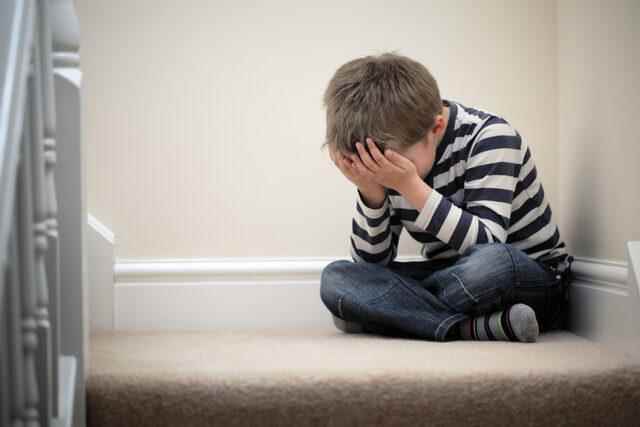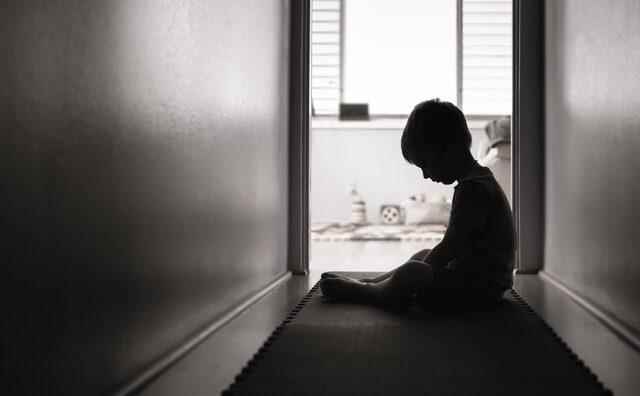Children’s psychology can be easily affected by even very simple events. Earthquakes can cause various traumas on children. Specialist Psychologist Betül Yaman stated that depending on the trauma caused by the earthquake in children, anxiety disorders and mood changes that progress to depression can be seen, “Aggressive behaviors, restlessness, behavioral changes, hyperactivity, inability to focus, disruptions in sleep and eating patterns, finger sucking and fingernails in the post-earthquake period in children. symptoms such as eating, infantile behavior, withdrawal, nausea without physical cause, abdominal pain, headache, and dizziness can be observed. These reactions are the usual reactions that children and young people are expected to show in the days following the earthquake disaster. Expert Psychologist Betül Yaman made statements about the impact of the earthquake on children and the responsibilities of families in this process.
NO NEED TO EXPERIENCE DISASTER FOR TRAUMATIC EVENTS
Talking about the effects of natural disasters, Dr. Ps. Yaman said, “Our belief that the world is a safe place is formed over time throughout our lives. Sudden and unexpected natural disasters shake us deeply and undermine our belief that the world is a safe place. Natural disasters are natural events that are unpredictable, the area to be affected and the level of impact cannot be predicted, and may result in a large number of loss of life and property. Every year, we witness different natural disasters in the world and in our country and the effects of their consequences on societies. Reactions after traumatic events can be seen not only in those who experienced the disaster, but also in their families, relatives, witnesses and people exposed through social media.
DISASTER EFFECTS VARY ACCORDING TO THE AGE OF THE CHILDREN
Pointing out that children and young people are among the most vulnerable and vulnerable individuals affected by disasters, Uzm. Ps. Yaman said:
“The intensity of the reactions of children and young people can vary depending on their age, temperament, previous experiences and exposure. For example, preschool children cannot process the earthquake in their minds because they cannot think abstractly, and because earthquake is an ambiguous concept, it can create intense anxiety, anxiety and insecurity in children. Just like death and other natural disasters, the explanation to the child about the earthquake should be appropriate for the child’s age and developmental level.
EMOTION CHANGES CAN BE VISIBLE
Emphasizing that anxiety disorders, mood changes up to depression, and somatic complaints can be observed depending on the effects of trauma caused by natural disasters in childhood, Uzm. Ps. Yaman said, “Symptoms such as aggressive behavior, restlessness, behavioral changes, hyperactivity, inability to focus, disruptions in sleep and eating patterns, thumb sucking and nail biting, infantile behaviors, withdrawal, nausea without physical cause, abdominal pain, headache, dizziness. observable. These reactions are the usual reactions that children and young people are expected to show following a disaster such as an earthquake.
IF IT TAKES LONGER THAN 2 WEEKS, CONSULT A SPECIALIST
Referring to when expert support should be obtained, Uzm. Ps. Yaman said, “If there have been unusual changes in the child’s or young person’s behavior that lasted longer than 2 weeks, if many of the above-mentioned usual reactions are observed together, if the changes in their behavior are seen in very different situations, their parents should not ignore them. If he is trying to harm himself or is expressing that he will, if there is a significant and ongoing decline in his previously good school success, a specialist should be supported.
PRECAUTIONS FOR PARENTS
exp. Ps. Betül Yaman made the following suggestions to parents so that children are not adversely affected by this process:
“Uncertainty and uncertainty create anxiety. Answer the child’s questions about the earthquake in an age-appropriate language, but do not confuse him with too much information by giving answers to questions he did not ask. Tell young children that you are safe by making a short statement, ‘Sometimes the ground shakes, so the buildings shake’, and to children exposed to the images of buildings collapsing, ‘Buildings sometimes can’t stand when the ground shakes’. You can explain to older children that tremors occur as a result of the movement of tectonic plates and that we feel some of them, and talk about the precautions that can be taken against earthquakes.

TELL YOUR CHILD THAT IT IS SAFE
The child should be given the message that he is safe. You can deliver this message by acknowledging her fears and taking them seriously. All of this may have frightened you, but you can show him that you understand his feelings by saying that we, as your mother and father, stand by you and will be ready to protect you in case of danger. Reassure your child that the earthquake was in no way the result of his fault. You can clearly explain to him in a language he can understand what the earthquake was, why it happened, and that the earthquake was not a punishment for his actions or words.
MAKE IT EXPRESS YOURSELF
Make it easy for your child to express himself. Encourage the child to play games about the earthquake (with buckets, trucks, ambulances, etc.), make pictures, or write down what they have experienced and felt about the earthquake. Thus, the child will have the opportunity to express his or her feelings that he cannot express verbally.
Some images we watch on the screen can negatively affect children secondary to earthquake trauma. It can increase the child’s fear and anxiety. For this reason, the earthquake should be discussed with the child, but it will not be appropriate to give excessive visual and auditory warnings about the earthquake that we cannot control.
(DHA)
